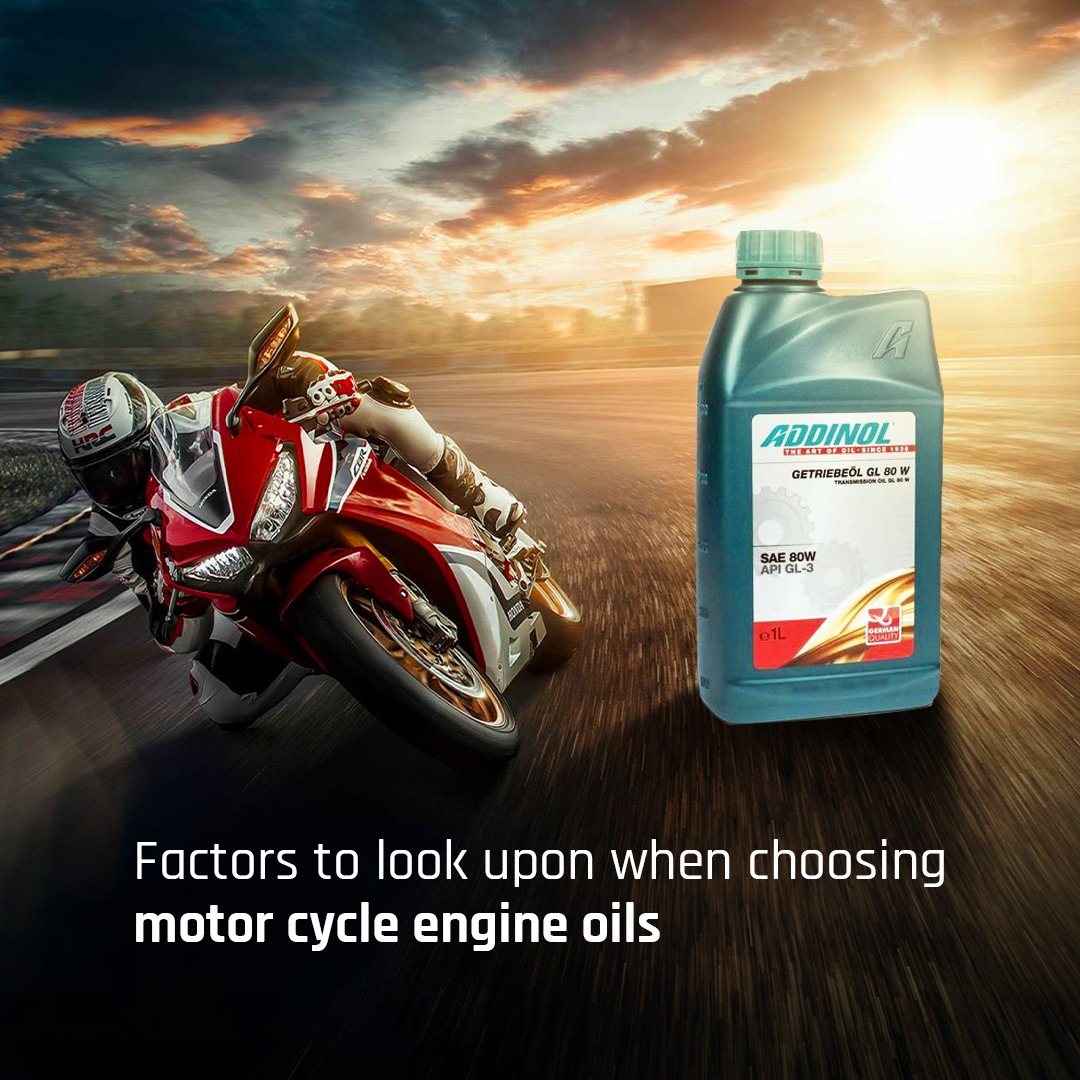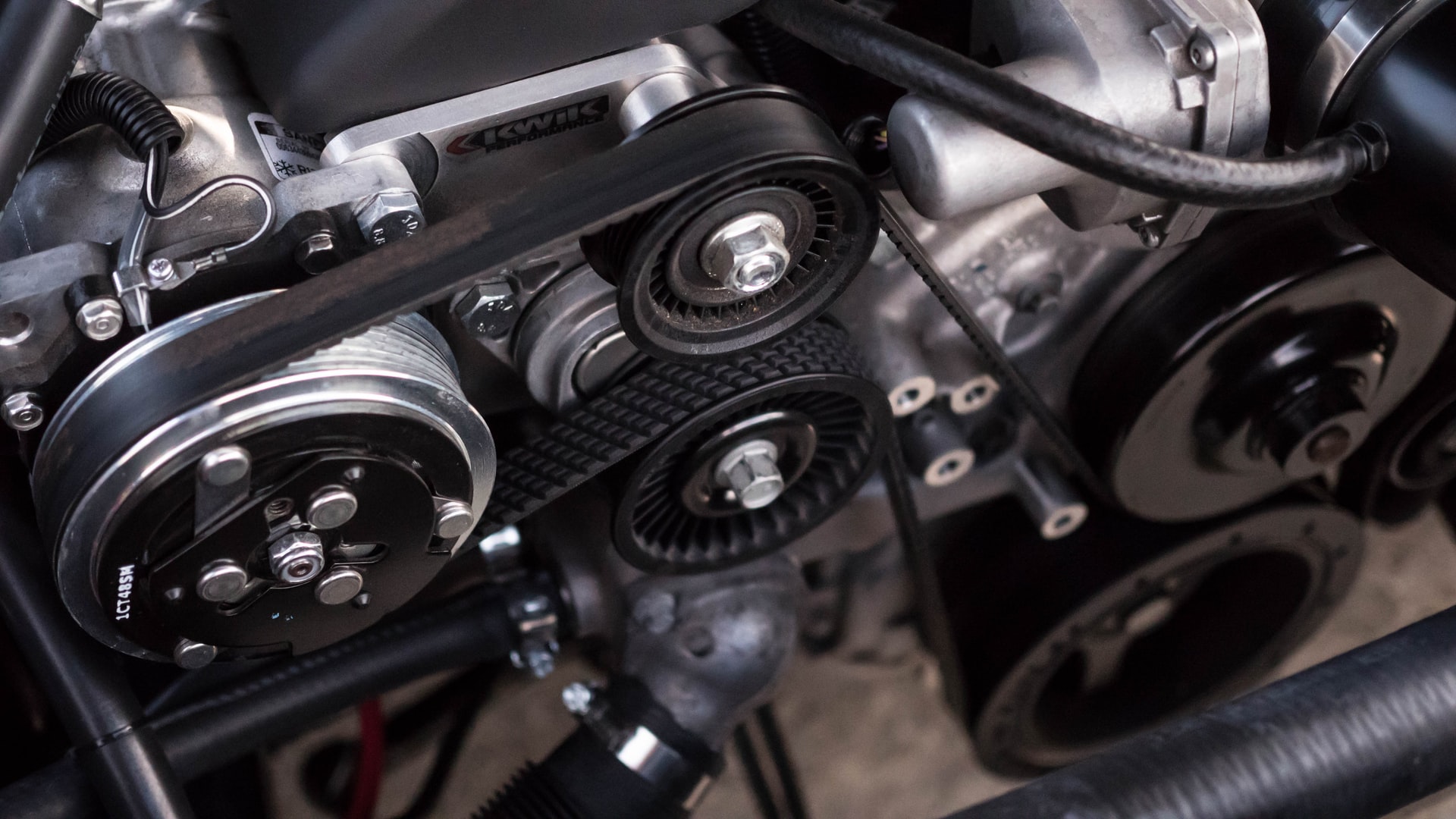For most people, motorcycles are much more than a vehicle.
It’s an emotion!
To give wings to your passion you need to first know the soul of your Motorcycle. Besides regular cleaning and polishing, our two-wheeled miracle needs its chains lubed, tires at the right pressure, batteries charged, and engines oiled. The engine oil we choose not only lubricates the engine but also works its way out to clean up emissions as well as maintain fuel efficiency. Therefore choosing the right motorcycle oil is vital in maintaining your bike, safe and sound.
Here are a few factors to consider while choosing the motorcycle oil for your bike.
- Read the factory manual
There is nobody better than the manufacturer, to recommend what grade of oils suits their product and its performance, the best. They have a thorough knowledge of the working style of the engine and can easily analyze which kind of oil lubes well with it. Thus staying within the manufacturer’s recommendation is the risk-free option.
- Choose high-quality oil
If you are not into shortcuts and are willing to make a draw, you could go for a different choice. However, one thing to keep in mind is to choose high-quality oils for the well-being of your bike buddy. Choose nothing less than the best bike engine oil in India.
- Check the oil grades
Choosing the oil grades can be tricky. Have you ever noticed the ‘W’ in caps on the oil cans and the number alongside it? It indicates the viscosity of the oil. A single-grade oil Is referred to with a single numeral, that is 10W, while a multi-grade oil usually has numerals on both ends. For instance, 10W40. The lower the number, the better for an engine with a cold start. Check with your manufacturer or an expert before making the choice.
- Check the viscosity
Viscosity is an index that determines the consistency of the fluid. It could be either thick and sticky or semi-fluid-like. High-performing machines need oil with a lower viscosity so that it may flow faster and easier. Choosing an oil with the right viscosity can improve the efficiency of your motorcycle.
- Check the additives added
Additives remove debris and neutralize the acidity of the oil, which is why they are highly celebrated by oil manufacturers. They not only lubricate the engine but also clean the carbon formation collected between the engine parts.
- Look for compliances
Each country has its compliance standards that are mandatory for the oil manufacturer to follow. Make sure that you are aware of these regulations before purchasing oil for your engine oil.
- Automotive Vs Motor Oil
Automotive oils which are used in gas-powered cars, trucks, Agri vehicles, etc can never comprehend with motorcycle engines. As motorcycle engine has entirely different requirements, make sure to choose motorcycle-specific engine oil, engineered to protect the engine and its performance at rather high pressure and temperatures.
- Mineral Vs Synthetic oil
Engine oils can be categorized into three concerning viscosity and temperature levels. Mineral oils are the standard lubrication oils available, which can operate machines with engine capacities from 80cc to 125cc. Semi-synthetic oil runs machines with engine capacities from 125cc to 180cc while synthetic oils are employed in machines with engine capacity more than 200cc.
- Infer the riding style
Variation in the riding style is another crucial component in choosing the right engine oil. Let’s say that you only ride your bike for daily purposes, then your best choice would be mineral oil or you could opt for a semi-synthetic oil if you ride a few thousand kilometers. However, if you are a rider and cover hundreds of thousands of kilometers in difficult and different terrains, then you sure need synthetic oil for your engine.
- Change the oil filter
Changing the oil filter is as important as choosing the oil itself. An oil filter removes the contaminants like dirt, oxidized oil, and metallic particles that accumulate in the oil and protects the engine from potential damage. Thus make sure to change the oil filter every time you change the oil.
For more queries on the subject or for the best engine oil for contact Addinol.





